IMT
Altro PhD (Institutions, Markets and Technologies)
IMT Lucca
Tiziano SQUARTINI
2
20
Y
The third part of the course "Advanced Methods for Complex Systems" focuses heavily on deeper theoretical aspects and their consequences. Particular emphasis will be put on the distinction between maximum-entropy models of complex systems with "soft" and "hard" properties. In statistical physics, the resulting models are known as the "canonical" and "microcanonical" ensembles respectively. Many of the results in statistical physics (e.g. the calculation of certain entropies), discrete mathematics (e.g. the combinatorial enumeration of possible configurations of a system with given properties), and information theory (e.g. the calculation of the maximum compressibility of information sequences) rely of the concept of "ensemble equivalence", i.e. the asymptotic equivalence of soft and hard ensembles in the large size limit. Surprisingly, various complex systems have been found to violate the property of ensemble equivalence. For these systems, the standard approach is not appropriate and new developments are needed. Several intriguing challenges open up, including the uniform sampling of realisations of large complex systems, the combinatorial enumeration of systems with heterogeneous constraints and the recalculation of traditional information-theoretic bounds on communication. Examples of these open challenges will be provided, along with tentative solutions that are underway. The course will include a combination of recent and ongoing research in the NETWORKS unit at IMT Lucca, thereby offering directions for possible PhD projects in this area.
Unlimited passion for theory and multidisciplinarity, successful completion of the course "Advanced Methods for Complex Systems I". Note: knowledge of the content of the course "Advanced Methods for Complex Systems II" is not required (parts II and III can be understood in parallel independently of each other, after part I is completed), although it would surely provide a useful overview of practical motivations for this part.










